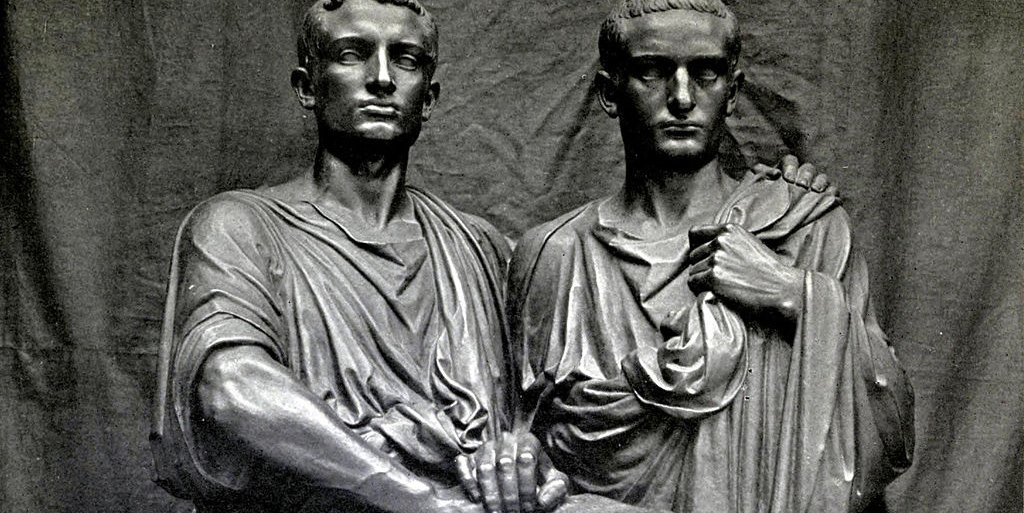This shitty article was published in the Smithsonian. The central thesis, which to be fair is very short because most of content is a dumb attempt to build context for the reader ("politics in ancient Rome were just like the 2018 elections"), is that "partisanship" and "violent rhetoric" brought down the Republic, and likewise pose a threat to the USA. The text puts it like this:
The solution to keeping a republic healthy, if Rome can truly be a guide, is for the citizens to reject any attempts to alter [political] norms he says. “I think the lesson I take away most profoundly from spending so much time with these materials is basically, yes, we do need to assign blame to politicians and individuals who take a shortsighted view of the health of a republic in order to try to pursue their own personal objectives or specific short-term political advantages.”
Now the article is full of details that I'm pretty sure are plain wrong. Here's just one:
... Reforms to the military also meant that service was no longer reserved for the elite ... These trends first came to a head in 134 B.C. when Tiberius Gracchus, an elected tribune of the people, proposed a land reform bill that would benefit poorer and middle-class Romans
These reforms to the Roman military were led by Gaius Marius, decades after the death of Gracchus.
But, really, the whole argument is ridiculous. Daley (the author) says that during the republic period of Roman history there was no political violence, and that led to stability and prosperity. When the (misogynist, white) Gracchi bros began to do a populism, it led to violence, civil war, and collapse. Now Daley admits to the great deal of violence present in every day Roman life, but it doesn't count as political. He even makes the absurd claim that the early US had more political violence then ancient Rome, because sometimes senators got in fist fights. Slave rebellions? Politically motivated wars of conquest? Forced blood sports between colonized peoples? Diplomatic failures leading to overseas conflict? Insurgency and guerilla war? All of these violent events occurred regularly in the Roman Republic, but they don't count as political violence in the article because political violence is only seen as violence to politicians. Of course, In ancient Rome, and most societies, only the elite can become politicians. So, Daley and Watts' view is equivalent to condemning all violence against the elites while excusing all violence by the elites.
What's the actual reason the Roman Republic collapsed? Well it probably had something to do with the rising poverty rates, growing inequality, increasing amount of slavery, and rigidly enforced citizenship requirements, trends that began building in the 2nd century BCE. These were all actual material conditions that affected the lives of the actual people. The article acknowledges the trends, but instead of explaining how they could have changed the political status quo (taking a Marxist approach), it claims "the people of Rome chose to let their democracy die by not protecting their political institutions."
And what were the "personal objectives or specific short-term political advantages" pursued by politicians like Tiberius Gracchus, who are blamed for defying norms? I'm pretty sure its from Tiberius that we get the word "populist". He pushed for reforms that would help lower class Romans, especially the idea of seizing land from the wealthy and giving it out to poor and homeless people in Rome. His brother Gaius also proposed reforms like expanding the definition of citizenship, reducing capital punishment, and distributing excess grain to the hungry. Apparently, Edward Watts and Jason Daley think these sorts of reforms are "personal objectives", and were not worth the sacrifice of political decorum.


Love the articles still clinging to the Roman republic symbolism, like America went Principate decades ago you goons